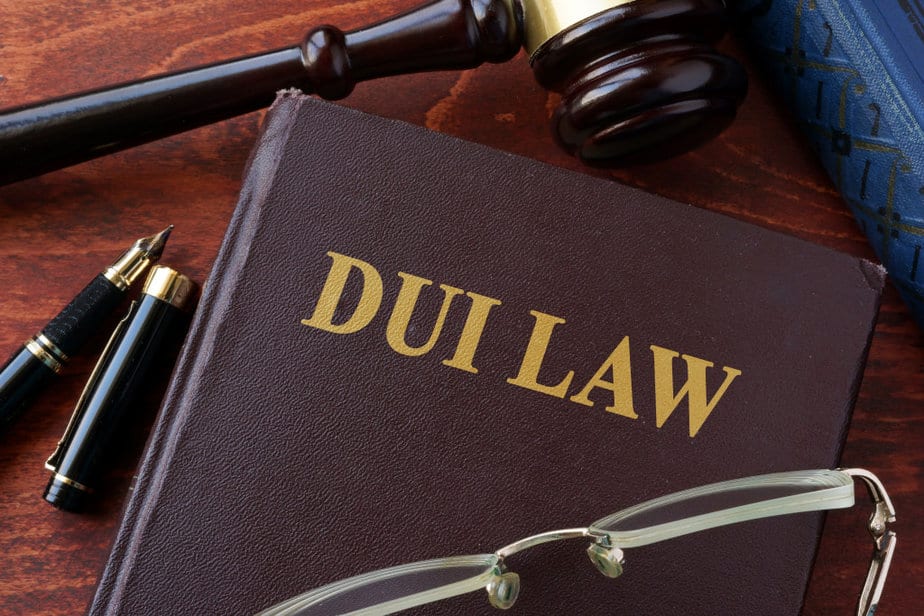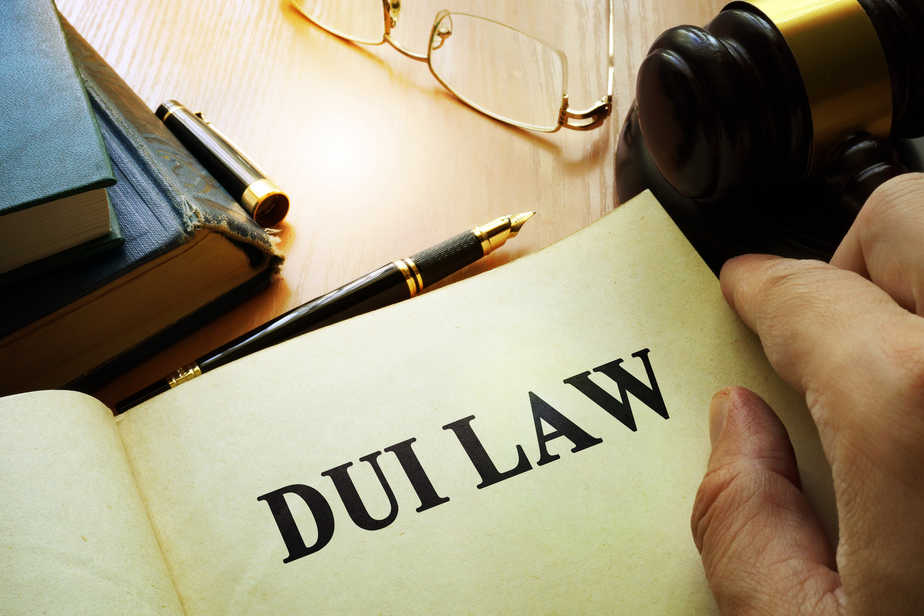
US State-by-State Analysis: The Harshest Penalties for DWI
Introduction In the United States, the problem of driving while intoxicated (DWI) is increasing alarmingly. This issue is not just about breaking the law, it’s
learning from experience

Introduction In the United States, the problem of driving while intoxicated (DWI) is increasing alarmingly. This issue is not just about breaking the law, it’s

Introduction The issue of Driving While Intoxicated (DWI) is alarmingly prevalent, claiming numerous lives every year. With such staggering statistics, there is a pressing need

Introduction The holiday season often presents a paradox: a time for rest, relaxation, and enjoyment, yet often synonymously associated with excessive alcohol consumption. But this

Introduction From red, white, and blue picnics on the Fourth of July to mistletoe kisses on Christmas Eve, celebrations indeed bind us together, creating shared

Introduction Are you curious about the length of DUI probation in Texas? If so, you’re not alone. Many people find themselves navigating through the ins

Introduction Ever been handed a DUI ticket in Texas? It’s a frightful situation, indeed. The Lone Star State is renowned for its stringent Driving Under

Introduction Dealing with a DWI (Driving While Intoxicated) in Texas is no small matter. This offense leaves a significant impact not only on your criminal

Introduction You may be asking yourself, “Can I get my license back after a DWI in Texas?” The simple answer is ‘Yes.’ But it’s crucial

Introduction Have you ever wondered about the implications of Driving While Intoxicated (DWI) in Texas? It’s a complex topic that intertwines both law and personal

Introduction Did you know navigating through DUI arrest procedures can be confusing and intense, especially if you’ve passed the sobriety tests? A Diverse Look into